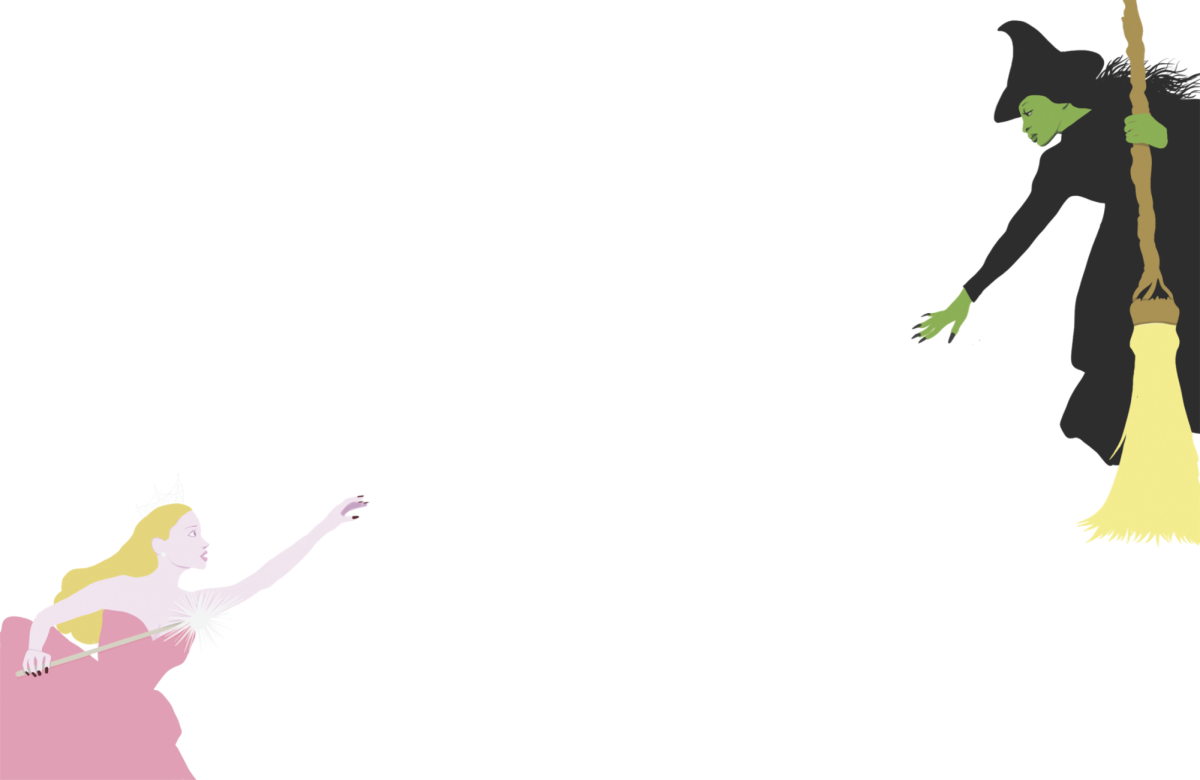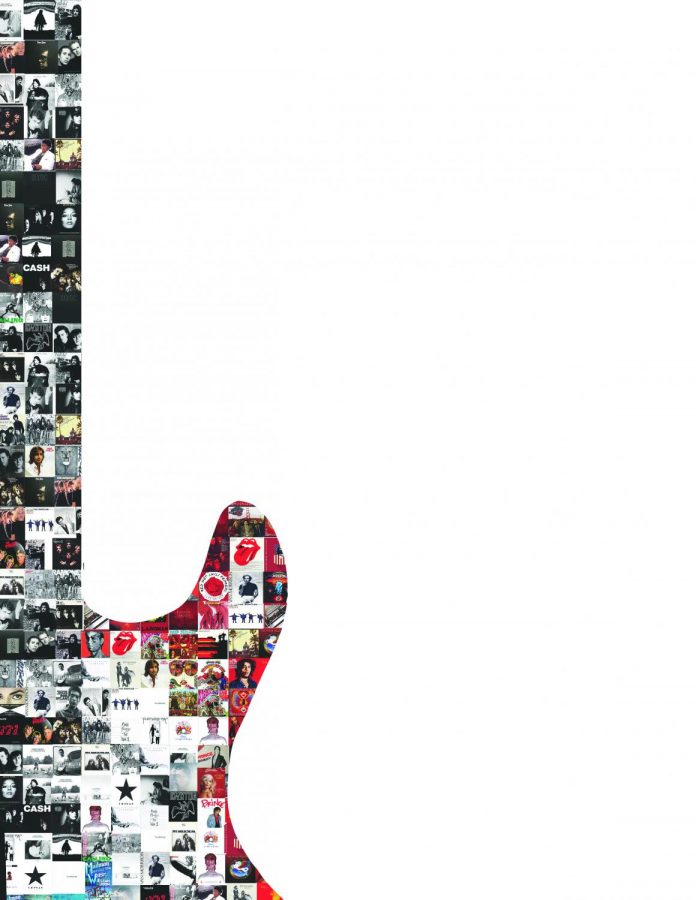The Loss of Classic Music
Music has always been a key part of any generation, whether it be Bach or Beyonce. Classic rock in particular created a unique sound and defined an era. This music, however, has disappeared in today’s world, but why?
February 26, 2020
Everyone knows Queen’s “Bohemian Rhapsody,” Nirvana’s “Smells like Teen Spirit,” and the Eagles’ “Hotel California.” Hundreds of iconic songs like these represent a moment in history and define the period of classic rock music. But today, there’s a serious lack of this genre in pop culture.
Whether it be on the radio, Billboard’s “Hot 100” list, or Apple Music, classic records get lost amidst all of the popular music today.
The broader term “classic rock” was added to the music lexicon in the 1980s when radios began playing the most listened to songs of the past 20 years.
Classic rock was the hit music played everywhere, the equivalent of today’s Taylor Swift, Post Malone, or Ariana Grande. Today, classic rock is a historical sub-genre.
Classic rock music was popularized as a way to preserve the ‘60s culture during the pre-disco and pre-punk eras.
I’ve grown up listening to a lot of the classics because my dad played them so much: the Beatles, Fleetwood Mac, and David Bowie.
My friends and I share an interest in listening to the classics because they are just so good! I admit that my Spotify is filled mostly with songs released in the past 20 years, which sound drastically different than the classic rock of the ‘70s.
I can’t help but wonder why our generation doesn’t listen to classic rock more often and why artists releasing music today aren’t replicating it.
Does our generation have a different taste in music? Is classic rock considered “too old?” Is it because music is being produced electronically?
Classic rock music is currently most popular in adults over 30, probably because the genre was on the rise with their generation.
In the past few years, popular trends from the ‘60s, ‘70s, and ‘80s have been recycled and made popular again.
Along with the music, other trends resurfaced: scrunchies, round sunglasses, and the return of vinyl records, but still, new classic rock music is not being produced.
For a music genre that is so appreciated, it’s strange that few produce it. I think that, because music is continually evolving, today’s sound needs to be different than that of the era of the classics.
“I like [classic rock], I wouldn’t listen to it on my own time. It’s associated with adults, and I don’t think a lot of kids want to listen to that,” senior Nina Wolff said.
“It’s a generation thing,” added senior Pisci Abrego.
Because electronic music is so easily accessible with significant media influences, mainly through Instagram or SoundCloud, almost anyone can make and sell a song. “I think the use of electronic music cut it out,” said senior Peter Smith, “because classic rock was a staple of what was happening in its era, though still relevant today, it’s not as current as the electronic music now. It just went out of style as time went on.”
“It’s easier to use a machine to make music than to learn how to play an instrument. Classic rock uses actual instruments, and it takes talent to do that,” senior Audrey Murphy argued.
There are a lot of electronically produced songs that are just as good as any classic rock song. But for a life lesson, a good feeling or just fun, give the oldies a listen.



































